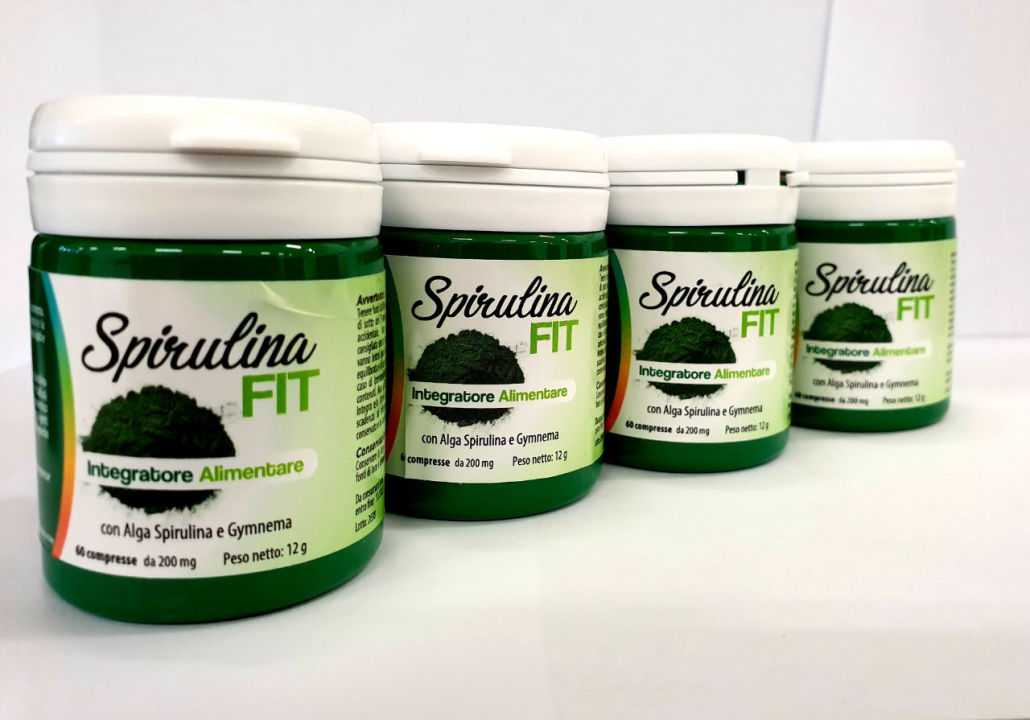Spirulina is a type of blue-green algae that has gained significant popularity as a dietary supplement in recent years. Packed with essential nutrients and potential health benefits, spirulina has become a staple in many people’s diets. In this comprehensive guide, we will explore the numerous benefits of spirulina supplements.
Rich Source of Nutrients
Spirulina is incredibly nutrient-dense, making it an excellent addition to any diet. It is a complete protein source, containing all nine essential amino acids required by the body. It is also a good source of vitamins, including vitamins B1, B2, B3, B6, B9, and B12, as well as minerals such as iron, copper, and magnesium. Additionally, spirulina contains antioxidants that help protect the body against oxidative damage caused by harmful free radicals.
Powerful Antioxidant Properties
Spirulina is renowned for its potent antioxidant properties. Antioxidants play a crucial role in neutralizing free radicals, which are unstable molecules that can cause cellular damage and contribute to various chronic diseases. By consuming spirulina supplements, you can boost your body’s antioxidant defenses and potentially reduce the risk of oxidative stress-related conditions such as heart disease, cancer, and neurodegenerative disorders.
Supports Heart Health
Studies have suggested that spirulina may have a positive impact on heart health. It has been shown to lower “bad” LDL cholesterol levels and increase “good” HDL cholesterol levels, thus improving the lipid profile. Furthermore, spirulina can help reduce blood pressure levels, making it beneficial for individuals with hypertension. By incorporating spirulina into your diet, you may be able to support a healthy cardiovascular system.
Immune System Booster
The immune system is our body’s defense mechanism against infections and diseases. Spirulina has been found to possess immune-enhancing properties, thanks to its high concentration of nutrients and antioxidants. It helps stimulate the production of antibodies, cytokines, and other immune cells, strengthening the immune system’s response to pathogens. Regular consumption of spirulina supplements may aid in reducing the frequency and severity of common illnesses like colds and flu.
Potential Anti-Cancer Effects
Research suggests that spirulina may have anti-cancer properties. Studies have shown that the active compounds found in spirulina can inhibit the growth of cancer cells and induce apoptosis (cell death) in tumor cells. Spirulina’s antioxidant content also helps protect cells from DNA damage caused by carcinogens. Although further research is needed, spirulina shows promising potential as a natural adjunct therapy for cancer prevention and treatment.
Enhances Exercise Performance and Recovery
For athletes and fitness enthusiasts, spirulina can be a valuable addition to their nutritional regimen. Spirulina has been found to improve endurance and reduce muscle damage caused by intense exercise. Its high protein content aids in muscle repair and recovery. Additionally, spirulina’s antioxidant properties help reduce exercise-induced oxidative stress, which can lead to faster recovery times and improved performance.
Detoxification and Heavy Metal Chelation
Spirulina has been shown to have detoxifying effects on the body. It contains compounds that can bind to heavy metals like lead, mercury, and arsenic, preventing their absorption and facilitating their elimination from the body. This ability to chelate heavy metals makes spirulina a useful supplement for individuals who have been exposed to environmental pollutants or have high levels of heavy metals in their system.
Anti-Inflammatory Properties
Chronic inflammation is associated with various health conditions, including arthritis, cardiovascular disease, and autoimmune disorders. Spirulina has demonstrated anti-inflammatory effects, mainly due to its high concentration of phycocyanin, a pigment with potent anti-inflammatory properties. By reducing inflammation in the body, spirulina may help alleviate symptoms associated with inflammatory conditions.
Promotes Eye Health
The antioxidant compounds found in spirulina, such as zeaxanthin and beta-carotene, are beneficial for eye health. These antioxidants help protect the eyes from oxidative stress and may reduce the risk of age-related macular degeneration (AMD) and cataracts. Regular consumption of spirulina supplements may contribute to maintaining optimal vision and overall eye health.
Weight Management
Spirulina can also be beneficial for weight management. It is low in calories and high in nutrients, making it a satisfying addition to meals and snacks. The high protein content in spirulina can promote feelings of fullness, reducing hunger and aiding in weight loss efforts. Additionally, spirulina’s potential to increase metabolism and fat burning may further support weight management goals.
Conclusion
Spirulina supplements offer a wide range of potential health benefits, from being a rich source of nutrients and antioxidants to supporting heart health, boosting the immune system, and aiding in weight management. With its potent antioxidant and anti-inflammatory properties, spirulina has the potential to be a valuable addition to any diet. However, it is essential to consult with a healthcare professional before incorporating any new dietary supplement into your routine, especially if you have existing health conditions or are taking medications.
- Delta-9 Gummies By Empe-USA-Exploring the Finest Delta-9 Gummies A Detailed Review - March 9, 2024
- Unlocking the Cognitive Potential of Taurine: The Benefits of Taurine Nootropics - October 24, 2023
- Live Resin Disposable Vape Products By Just Delta-Flavorful Expeditions: Navigating Just Delta’s Live Resin Disposable Vape Wonderland! - September 15, 2023

